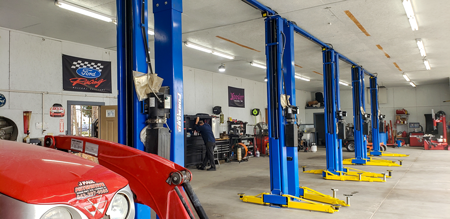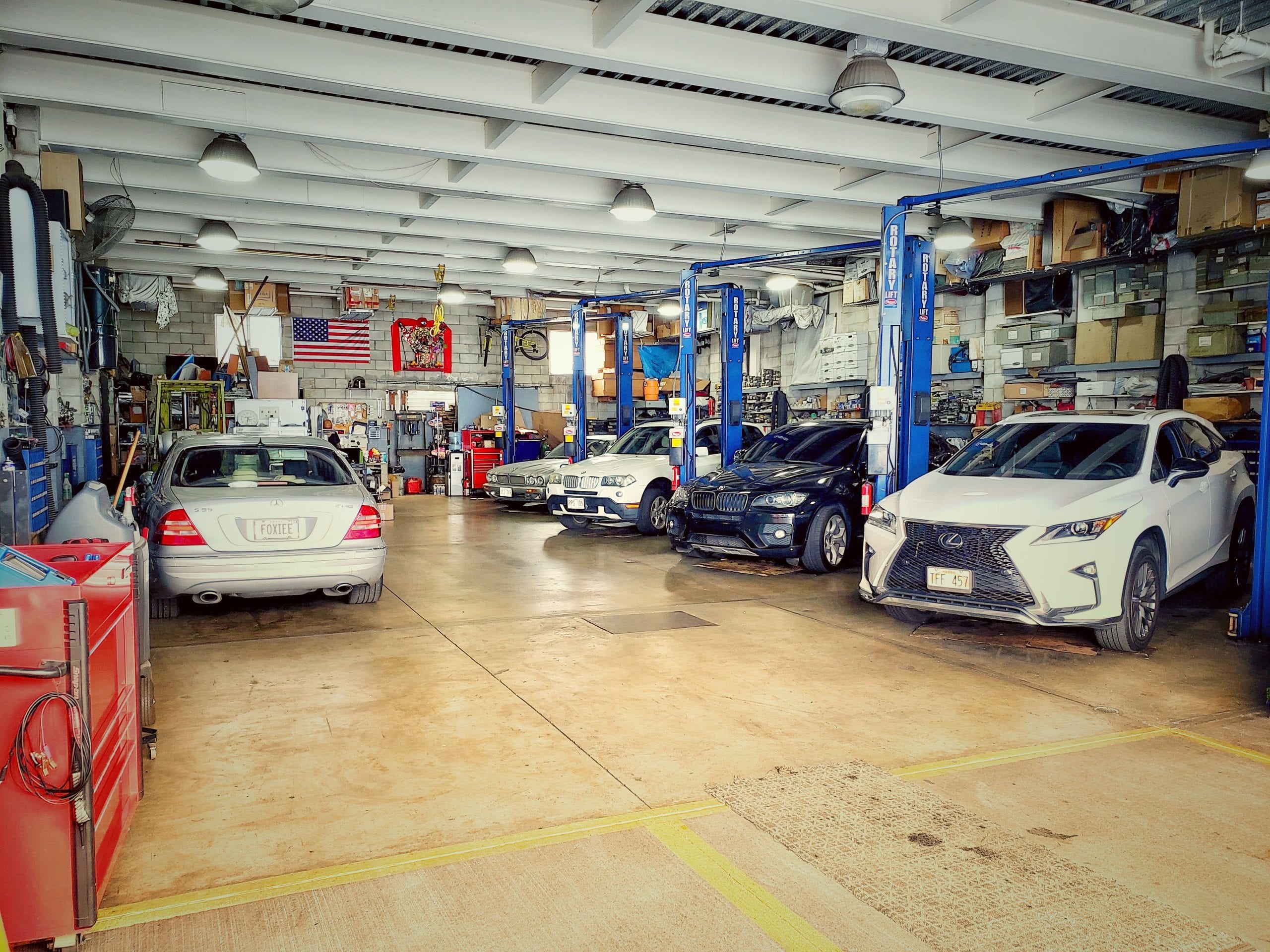All Categories
Featured

Your auto's engine is the heart of your automobile, and keeping it in top problem is important for optimal efficiency and durability. Normal engine tune-ups are a great method to keep your vehicle's health, enhance fuel effectiveness, and avoid pricey repairs later on. Whether you're an auto lover or a person that just wishes to keep their lorry running smoothly, these engine tune-up suggestions will help you obtain the most out of your automobile.
- Change Glow Plugs. Ignition system play a crucial role in beginning your engine and guaranteeing smooth burning. Over time, ignition system can become unclean or broken, leading to misfires, lowered fuel performance, and harsh idling.
During an engine tune-up, check and replace your ignition system if required. A lot of lorries require brand-new trigger plugs every 30,000 to 100,000 miles, depending on the type. Frequently changing ignition system makes certain proper ignition and optimal engine performance.
- Check and Tidy the Air Filter. The air filter stops dust, dirt, and particles from entering your engine. A stopped up or unclean air filter restricts air flow, creating your engine to function more difficult and burn more gas.
Evaluate your air filter throughout a tune-up and change it if it's dirty. In messy settings or areas with heavy air pollution, you may need to change the air filter much more regularly. A tidy air filter can enhance fuel efficiency and prolong the life of your engine.
- Inspect and Replace Belts and Pipes. Belts and hose pipes are essential for numerous engine functions, such as powering the alternator, water pump, and cooling system. Over time, these elements can fracture, fray, or wear, potentially leading to breakdowns.
Throughout a tune-up, check belts and hose pipes for indicators of wear and change them if needed. Changing these parts proactively can save you from costly repair services and avoid unforeseen failures.
- Clean the Fuel System. Your fuel system, including the fuel injectors and gas lines, can gather dirt and carbon deposits gradually, reducing engine effectiveness. Cleaning the fuel system during a tune-up aids enhance performance and gas economy.
You can make use of a gas system cleaner or have a specialist mechanic execute a more complete cleansing. This step is specifically essential for older automobiles or autos that often drive in stop-and-go website traffic.
- Check the Battery and Billing System. A healthy and balanced battery is essential for beginning your engine and powering electrical parts. During a tune-up, evaluate the battery terminals for rust and make sure the links are limited.
Examine the battery's voltage and replace it if it shows indications of weakness. Furthermore, have the generator and charging system examined to guarantee your battery remains billed throughout operation.
- Change the Engine Oil and Oil Filter. Oil adjustments are a fundamental component of engine maintenance. Engine oil lubricates relocating components, lowers rubbing, and aids control engine temperature level. Over time, oil becomes contaminated and sheds its performance.
Throughout a tune-up, change the engine oil and oil filter to keep your engine running smoothly. Follow your car's manufacturer referrals for oil kind and adjustment intervals.
- Check the Air Conditioning System. The cooling system stops your engine from overheating. Over time, coolant can break down or end up being infected, decreasing its efficiency.
Check the coolant degree and condition throughout a tune-up, and flush and change it if required. Evaluate the radiator, water pump, and tubes for leakages or damage. A well-maintained air conditioning system assists your engine operate at the appropriate temperature and stops overheating.
- Examine the Ignition System. A malfunctioning ignition system can create starting concerns and decreased engine performance. Throughout a tune-up, inspect the ignition coils, supplier cap, and blades (if appropriate) Replace any type of parts that show indicators of wear or damages to ensure smooth and dependable engine operation.
- Pay Attention for Uncommon Sounds. Throughout a tune-up, seize the day to pay attention for any type of unusual engine sounds, such as knocking, ticking, or hissing. These noises can suggest underlying concerns, such as shutoff issues, loosened parts, or exhaust leakages. Addressing these problems early can prevent a lot more substantial damages.
- Use Quality Components and Fluids. When executing an engine tune-up, always utilize high-quality components and fluids that fulfill your car manufacturer's requirements. Cheap or wrong components can compromise your engine's performance and reliability.
Conclusion: A Well-Tuned Engine is Trick to Longevity. Regular engine tune-ups are important for preserving your auto's efficiency, effectiveness, and integrity. By replacing worn parts, cleaning up essential systems, and resolving prospective problems, you can keep your engine running smoothly for many years to find. Whether you're doing it on your own or counting on a trusted auto mechanic, buying tune-ups is a wise means to shield your vehicle and take pleasure in a more secure, smoother trip.
Latest Posts
Reputable Industrial Roof Covering Services by Weathercraft
Uncover the Best Auto Repair Coupons in Montclare, Chicago
How to Know When Your Car Needs Skilled Car Repair at Montclare Auto Repair
More
Latest Posts
Reputable Industrial Roof Covering Services by Weathercraft
Uncover the Best Auto Repair Coupons in Montclare, Chicago
How to Know When Your Car Needs Skilled Car Repair at Montclare Auto Repair
